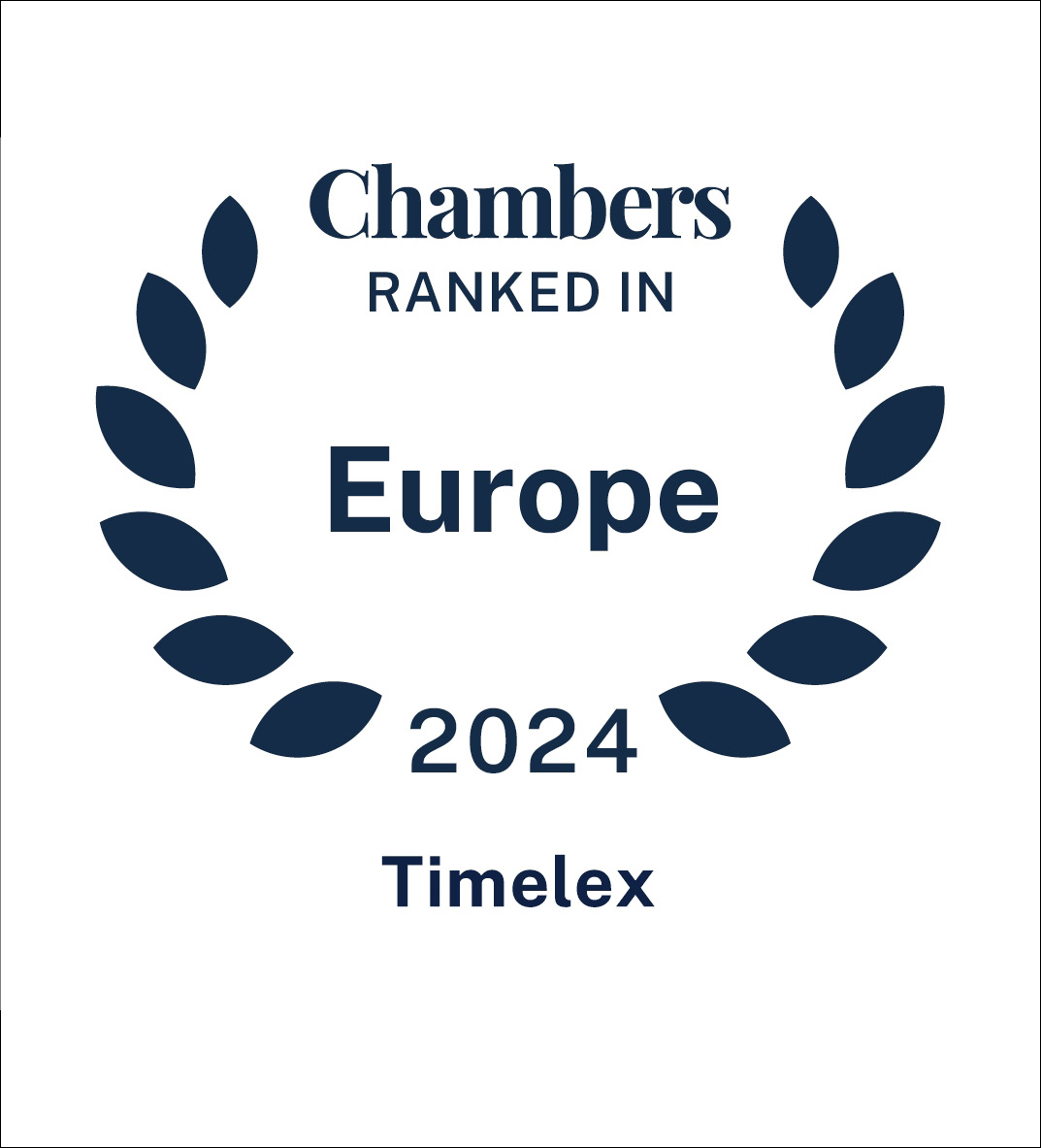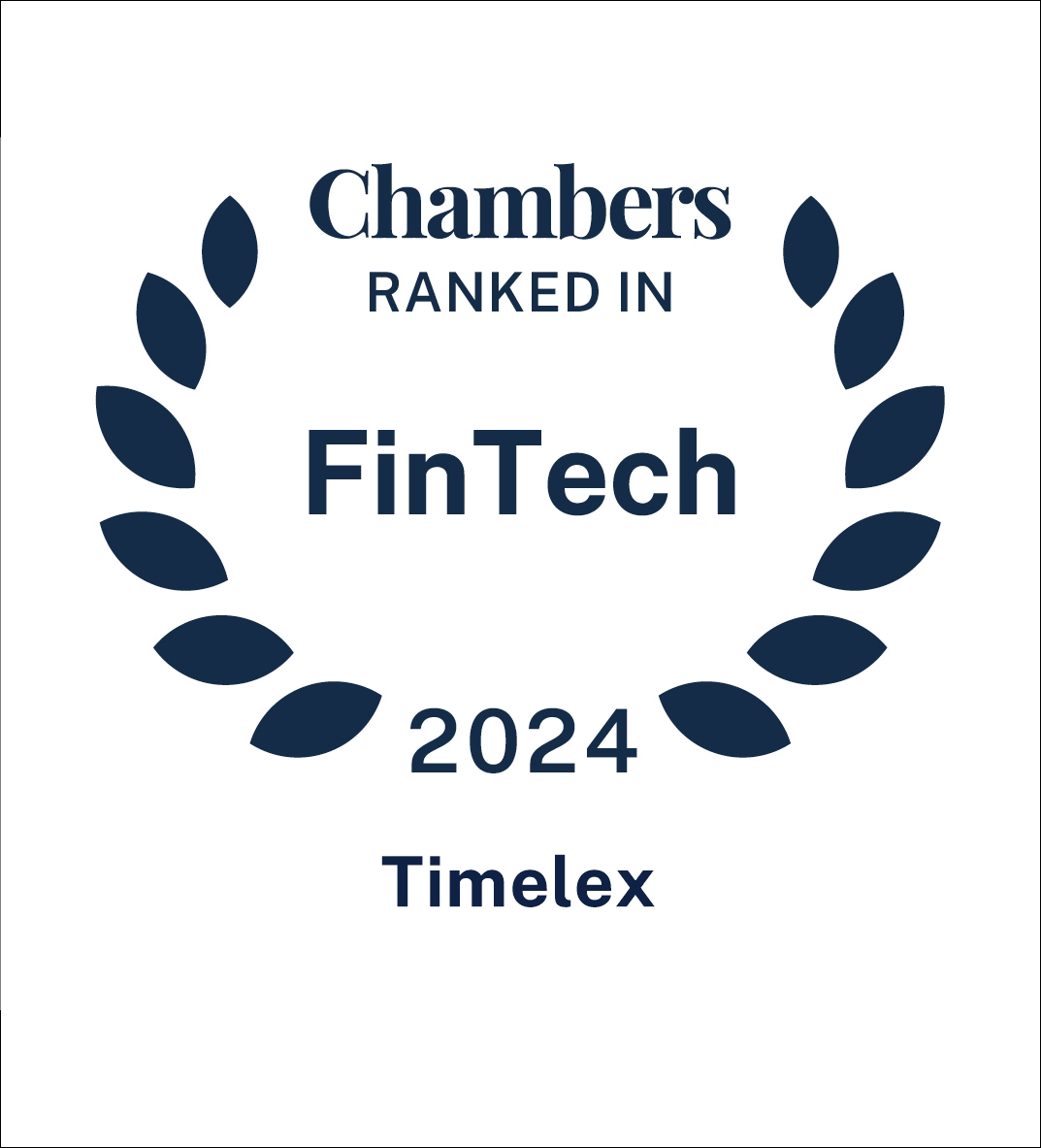Looking for?
EU Court of Justice rules on demarcation between payment services and e-money
What is this about?
In a decision of the European Court of Justice in the case of ABC Projektai UAB v. Lietuvos bankas, the Court clarified a longstanding discussion point regarding the demarcation between payment services and e-money. With payment services, the intention is for the money to move to and from the payment service provider’s (PSP) account rather quickly, in order to execute a payment transaction. With e-money services, the e-money can stay on the account for an indefinite duration. This raises the questions of how long the PSP can keep the money on its account, and of what happens if the PSP exceeds that term. Does the money remain subject to the payment services framework, or does it somehow mutate into e-money?
This question has far-reaching consequences for service providers. Although the payment services and e-money framework are closely linked, they are still two distinct figures with different requirements. And in terms of those requirements, the e-money framework is a bit more onerous than the payment services framework. Even when the two frameworks will in the coming years be merged into the Payment Services Directive 3 (PSD3) and the Payment Services Regulation (PSR), some of the differences between these two figures will remain.
So, if the money remaining a bit too long on a PSP’s account would somehow become e-money, that PSP will suddenly become subject to the e-money framework and thus need to become an e-money institution. The licensing procedure for this is usually a lengthy and costly endeavor and cannot just be completed on-the-fly like that.
In this case, one PSP regulated in Lithuania faced the consequences of this matter. The Lithuanian regulator found that the PSP was maintaining the money on its account for longer than technically necessary to execute a payment transaction. Consequently, the regulator found that this PSP was actually issuing e-money, for which it was not licensed. As a result, the PSP’s payment services license was revoked, thus effectively shuttering its business.
The PSP started legal proceedings that ended up before the Lithuanian Supreme Administrative Court, which referred the matter to the European Court of Justice for a preliminary ruling. Specifically, the Court was asked to decide the following question: ‘In circumstances such as those in the main proceedings, where a payment institution accepts funds without a specific payment order to transfer them on the same or following business day and the funds remain in the payment institution’s account intended for carrying out payment transactions for longer than the time limits for the execution of the payment service laid down by legislation, are the actions of the payment institution to be regarded as a part of a payment service or a payment transaction, or as the issuance of electronic money?’.
What did the Court decide?
In its Decision, the Court rules that when a user ‘puts funds at a payment institution’s disposal and those funds are credited to a payment account held by that institution in the name of that user, such transactions must, in principle, be regarded as constituting a transaction related to the operation of a payment account’ (para. 34). More importantly, those ‘transactions cannot cease to be classified as such on the sole ground that the funds received on that payment account are not accompanied by a payment order on the same day or on the following business day’ (para. 35). While PSPs are bound to observe certain execution times, there is nothing preventing a user to credit a PSP’s account in advance for the purpose of executing future payment orders. The safeguarding requirements in the payment services framework confirm that interpretation, as does the limited possibility to grant credit.
Second, the Court refers to the e-money definition, which does not contain any element concerning the period for which funds are held on an account. The mere fact that funds are held on an account for a longer duration, therefore, does not necessarily mean that those funds indeed meet the requirements of that definition (para. 47). Moreover, the issuance of e-money would also suppose a contractual agreement between the parties to provide that service (para. 48). This agreement cannot simply be assumed based on tacit consent.
Last, if a PSP is not complying with its obligations under the payment services framework, that PSP should be held liable under that framework. Its possible irregularities cannot on their own result in a requalification of that PSP’s services (para. 51).
What does this mean for me?
PSPs have since long been struggling with this issue. The limitation on how long they can hold funds on their accounts without a payment order to execute can significantly hinder the development of their business and new business models. Moreover, many do not want to face the risk of being requalified under a different framework, or losing their license altogether, as happened to the PSP in this case.
The Court’s Decision means that such requalification or the revocation of a license should not happen in these cases anymore. It confirms that a service regulated under one legal framework cannot just magically turn into a service regulated under another legal framework, simply based on an arbitrary and undefined time limit having been passed.
In doing so, the Court provides more legal certainty to PSPs by making the demarcation between payment services and e-money somewhat less opaque.
Nevertheless, there is more work to be done. The current proposals for PSD3 and PSR do not address this issue. In light of this Decision, it can be hoped that the European legislator will take note and embed this principle into the framework. That should help to establish a clearer demarcation line between these two figures, something that has also been requested by regulators in the field.
If you have more questions on PSD3 and payment services, please contact Timelex.





